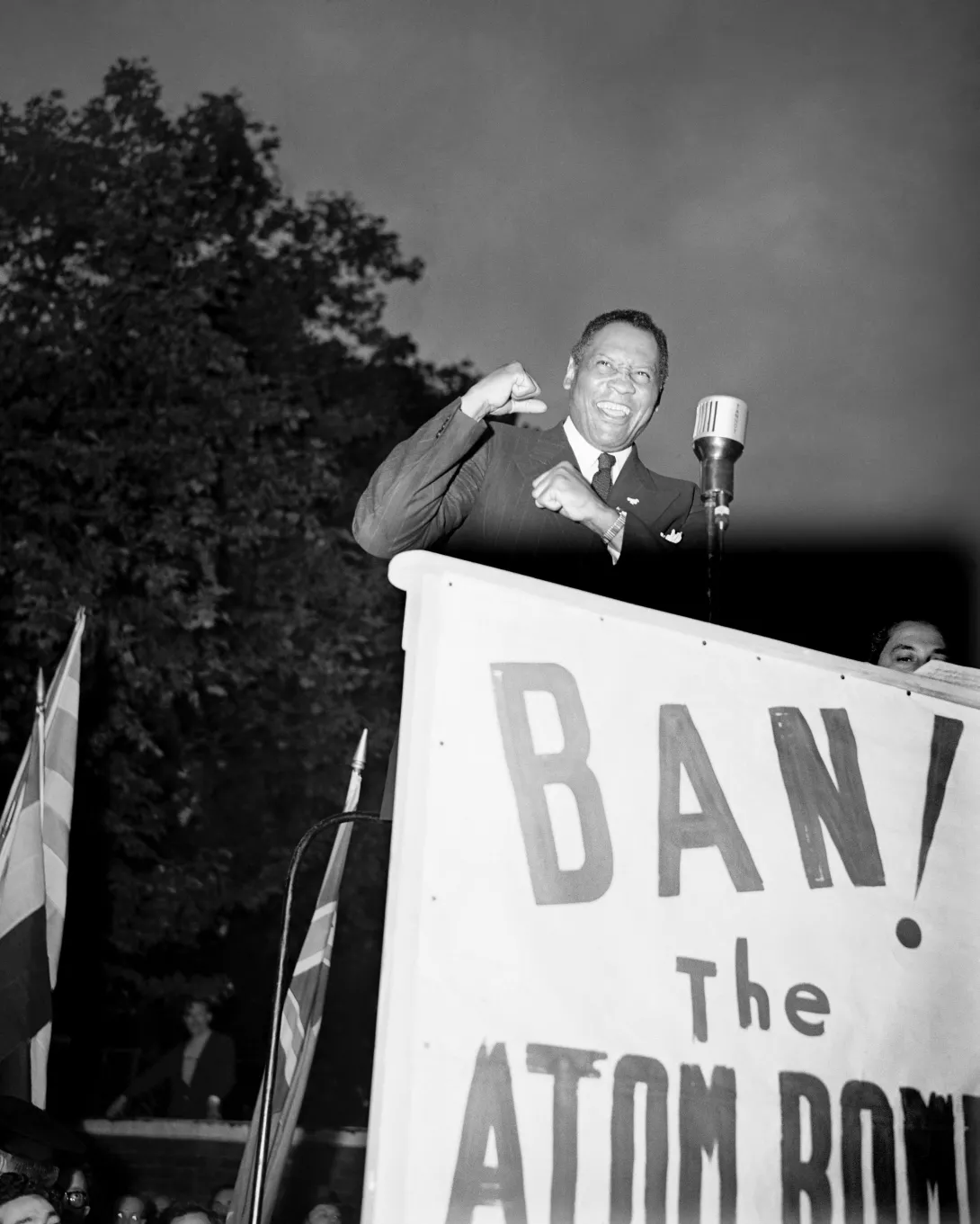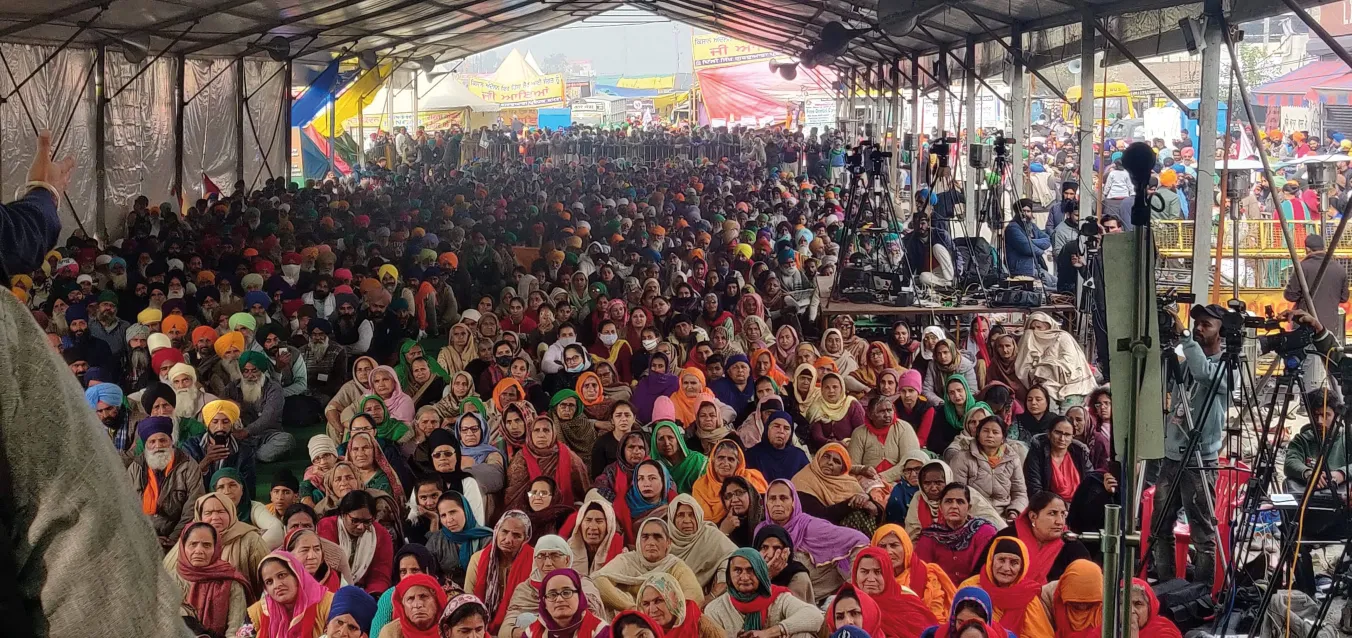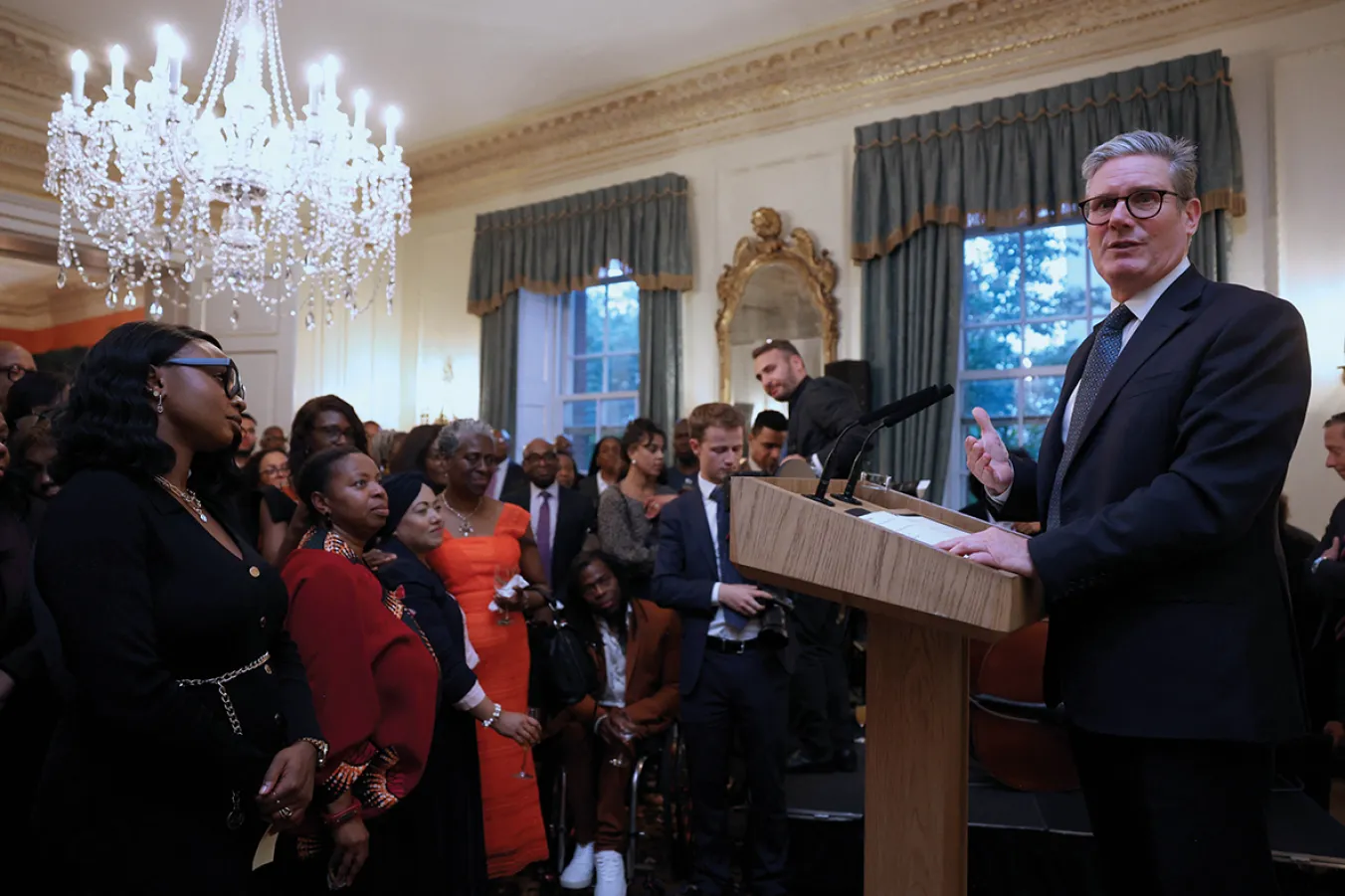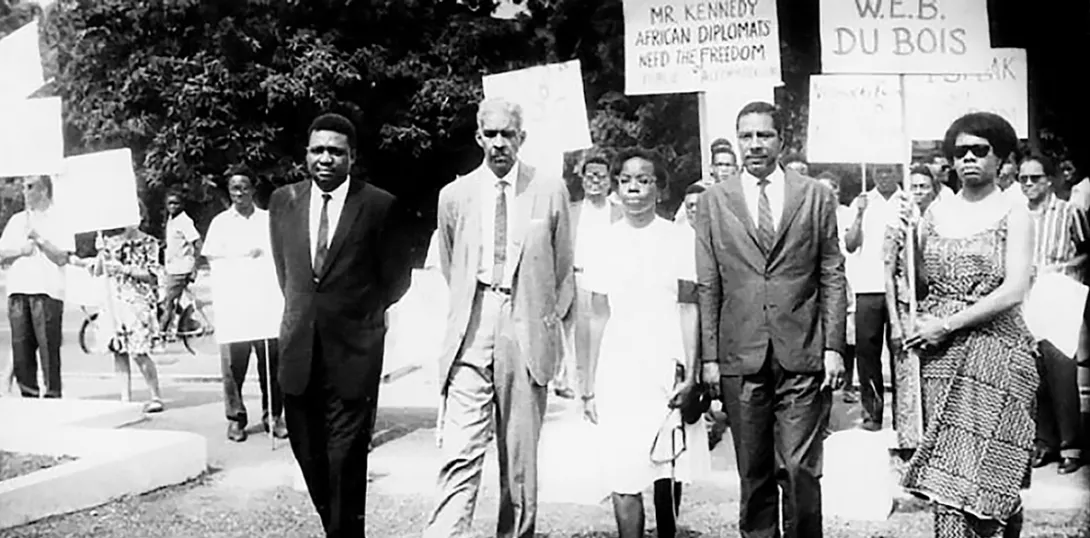
IN A vain attempt to tidy up my clothes at home I came across a T-shirt emblazoned with “Always be yourself. But if you can’t be yourself, be Paul Robeson. Always be Paul Robeson.”
I’m not sure where I got this T-shirt but Robeson has always been one of the great inspirations of my life. He even had his feet firmly planted in two of my other great loves of music and sport. His bass-baritone voice was awe-inspiring especially for me with his rendition of Ole Man River.
Robeson was also — as I am sure many will know — a great athlete, particularly in American football where he was a college great. A feat all the more inspiring because of the way he overcame the racism that surrounded him which sought to block his progress.
We all know about his fame as an actor, but I wonder how many know that he founded Freedom magazine in 1951.
Robeson founded the magazine alongside the not as famous but nevertheless amazing African-American communist and journalist Louis Burnham.
Burnham, a New Yorker with Caribbean roots, joined Robeson in launching Freedom, which explicitly challenged racism and imperialism, and campaigned for workers’ rights and world peace at the height of the cold war and McCarthyism when that meant coming under direct, often murderous, attack from the US state.
This largely forgotten publication was at the forefront of the blossoming fight against colonialism. This was no meaningless underground rag.
It had a wide circulation, particularly among the black community in northern US cities — particularly New York — and was a rarity in that its pages often linked wars, such as that in Korea, directly to colonialism.
In one front-page column, Robeson described the Vietnamese revolutionary Ho Chi Minh to the Haitian freedom fighter Toussaint L’Ouverture.
Reminiscent of comments made some years later by Muhammad Ali when refusing to accept the draft to fight in Vietnam, Robeson went on to ask whether “negro sharecroppers from Mississippi should be sent to shoot down brown-skinned peasants in Vietnam — to serve the interests of those who oppose negro liberation at home and colonial freedom abroad.”
The magazine was also front and centre in opposing the racist apartheid regime in South Africa when many were yet to speak out.
The magazine’s motto of “Where one is enslaved, all are in chains,” provides absolute clarity to those who need it of the class-based nature of the magazine.
Too many are often quick to dismiss publications that foreground race as undermining a class narrative. Freedom showed that white people will never be free unless black people are and that the struggles are inextricably linked.
Racism, after all, came about because of the need to justify the brutal transatlantic system of enslavement and was perpetuated into colonialism to underpin capitalism.
While Burnham was central to the day-to-day running of Freedom, it was Robeson who was the magazine’s main draw. His picture along with his main column were often on the front page of editions.
It was his name and stature that helped to draw the cream of African-American writers and artists to its pages.
The great WEB Du Bois wrote regularly for the magazine, as did the brilliant communist organiser Esther Cooper Jackson and artistes such as Harry Belafonte, Ossie Davis and Ruby Dee.
Playwright Lorraine Hansberry began working at the magazine as a raw 21-year-old. She later went on to pen the award-winning play A Raisin in the Sun.
Hansberry began her work at the magazine as a subscription clerk then went on to be a typist, receptionist, editorial assistant before becoming an associate editor and later an international playwright sensation.
Robeson’s wife Eslanda, a formidable and important activist in her own right, was known to introduce budding writers and activists to Burnham and ask him to give them a chance to show off their talents in the magazine.
Freedom also broke new ground by not only championing feminism but also by including women on the editorial board.
This might sound like an odd thing to even have to mention today but it was pretty unique for publications in the 1950s.
Activist Vicki Garvin, one of the female members of the editorial board, wrote in the magazine’s first issue: “If it is true as has often been stated, that a people can rise no higher than its women, then negro people have a long way to go before reaching the ultimate goal of complete freedom and equality in the US.”
Freedom was eventually killed off after its August 1955 issue under the weight of attacks by the FBI which undermined the financial base of the magazine.
Would-be supporters were harassed into steering clear of either buying or subscribing to the magazine by the FBI. The FBI would routinely and openly use intimidatory tactics such as photographing attendees and their car registration plates at Robeson concerts where subscriptions to the magazine often came with buying a ticket. It also pressured large state and city governments into not allowing their venues to host Robeson concerts.
The US authorities have also managed to erase the existence of what was clearly a revolutionary magazine out of history.
But as we find ourselves in yet another period of a US-engineered cold war — this time against China — what can we learn from this important radical journalism? I think the first thing we should learn is to be brave enough to attempt to put across the ideas that Freedom supported.
It really was an act of bravery to attempt a venture such as Freedom under the full weight of McCarthyism. We are already facing attempts to stifle debate to demonise anyone that dares to step out of the carefully regulated line. The temptation is to take the easy road and to stay away from topics considered taboo or even misguided by the Establishment.
Robeson never did this and refused to be told what he could and couldn’t say — much to his career detriment.
I believe that we should also understand the way that Freedom, under the inspiration of Robeson, was attempting to bypass the corporate voices that all too often merely act as stenographers for the state.
Freedom magazine was a landmark publication born in dangerous cold war times. As the current cold war deepens we must be mindful to deepen our activism and not bow down to the inevitable intimidation we will face.
So if you can’t be yourself, be Robeson. But we need us all to step up as Freedom once did.
















